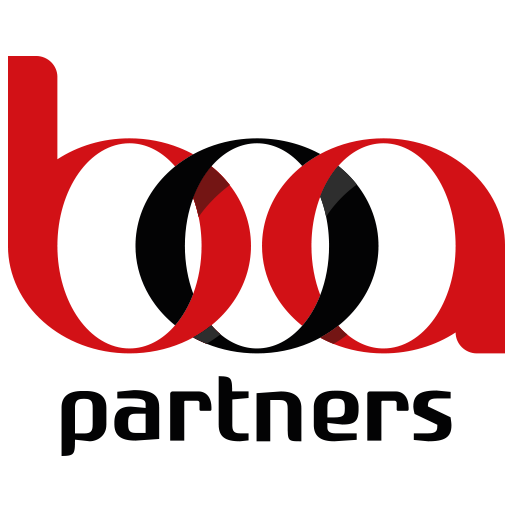Content
This is because the company is expected to receive future economic benefit from the prepayment. Accrued expenses are expenses that are incurred but still pending payment. With an accrued expense, we make a journal entry along with an offsetting liability. A business should use accrued expenses to produce more accurate financial reports and get a better idea of the financial health of the company. Ela’s daily commissions will accrue in this manner until November. These accrued expense journal entries adjust your books between accounting periods.
- You have to take them into account when planning your budget and other expenses, even if they haven’t yet been invoiced.
- Generally, you accrue a liability in one period and pay the expense in the next period.
- Accrual accounting notes when income and expenses happen, while cash-basis accounting notes income and expenses as they’re paid.
- An accrued expense can be an estimate and differ from the supplier’s invoice that will arrive at a later date.
- After the debt has been paid off, the accounts payable account is debited and the cash account is credited.
Keep reading to learn how accrued liabilities differ from expenses and how to use and interpret them on your financial statements. Accrual accounting is built on a timing and matching principle. When you incur an expense, you owe a debt, so the entry is a liability. When you pay the amount due, you reverse the original entry. You might also have an accrued expense if you incur a debt in a period but don’t receive an invoice until a later period. If you want to keep your business running, you need to fork over some cash to buy goods and services.
Understanding Accrued Liability
A company pays its employees’ salaries on the first day of the following month for services received in the prior month. So, employees that worked all of November will be paid in December. If on Dec. 31, the company’s income statement recognizes only the salary payments that have been made, https://accounting-services.net/accrued-expenses-recognize-expenses-incurred/ the accrued expenses from the employees’ services for December will be omitted. Accrued expenses are prevalent during the end of an accounting period. A company often attempts to book as many actual invoices it can during an accounting period before closing its accounts payable ledger.
The concept of an accrued liability relates to timing and the matching principle. Under accrual accounting, all expenses are to be recorded in financial statements in the period in which they are incurred, which may differ from the period in which they are paid. Companies using the accrual method of accounting recognize accrued expenses, costs that have not yet been paid for but have already been incurred. Accrued expenses make a set of financial statements more consistent by recording charges in specific periods, though it takes more resources to perform this type of accounting.
What is the journal entry of accrued income?
For example, let’s assume a company hires an IT consultant to upgrade its servers at the end of April. While the invoice hasn’t yet been submitted, the cost for the work will be $1,500. Because the company hasn’t paid this yet, it will be noted as an accrued expense. Accrued expenses are generally short-term expenses that will be paid within a month of when they are incurred. If we expect to pay them within a year, we’ll note them on the balance sheet as current liabilities. Meanwhile, we’ll note anything over a year as a long-term liability.
While the cash method of accounting recognizes items when they are paid, the accrual method recognizes accrued expenses based on when service is performed or received. The accrual method of accounting requires revenues and expenses to be recorded in the period that they are incurred, regardless of the time of payment or receiving cash. Since the accrued expenses or revenues recorded in that period may differ from the actual cash amount paid or received in the later period, the records are merely an estimate.
Accrued Liabilities vs. Accounts Payable
Therefore, accrued expenses are also known as accrued liabilities. In some transactions, cash is not paid or earned yet when the revenues or expenses are incurred. For example, a company pays its February utility bill in March, or delivers its products to customers in May and receives the payment in June. Accrual accounting requires revenues and expenses to be recorded in the accounting period that they are incurred. Accounting for an accrued liability requires a journal entry.
- With prepaid expenses, the actual goods or services will come later.
- Because the company hasn’t paid this yet, it will be noted as an accrued expense.
- Specifically, your accrued liabilities include all unpaid expenses for which an invoice (or bill from your vendor) has not been received.
They’re a current liability recorded on the income statement as an expense. The accrued expense is also noted on the balance sheet as a current liability. To record an expense, you’ll first go into the General Ledger. When the expense is paid through the Accounts Payable module, you’ll credit the Expense account item.
Budget Office Accruals
Therefore, it is literally the opposite of a prepayment; an accrual is the recognition of something that has already happened in which cash is yet to be settled. In other words, with accrual-basis accounting, the recording point is when the money is earned, not when money changes hands. Using the cash-basis method is easier but doesn’t provide the same financial insights that the accrual method does. Even very different types of businesses often have similar kinds of accrued expenses. Here are some common categories to keep in mind for your small-business accounting.
- It incurred $1,200 in expenses in the same month, but hasn’t yet paid that amount.
- The term “accrued liability” refers to an expense incurred but not yet paid for by a business.
- Then, we add the expense to liabilities in the balance sheet.
- A company can accrue liabilities for any number of obligations and are recorded on the company’s balance sheet.
- Ela has a good day in October, and sells $1000 worth of electronics.
- There are two types of accrued liabilities that companies must account for, including routine and recurring.






